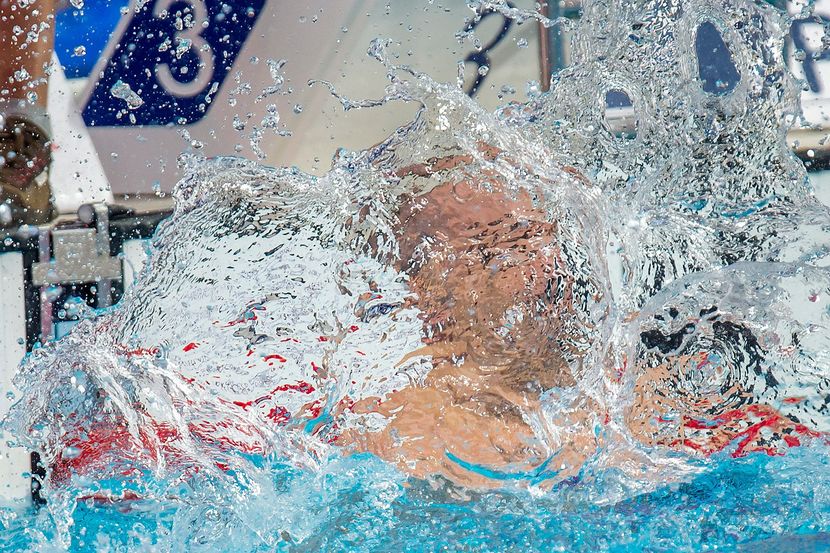
In the 400m IM however, where no heats were held, Le Clos increased his lead even more to win in 4:04.16, holding at bay Japan's Kosuke Hagino (4:04.51) and Rogan (4:09.49). After the first leg, Le Clos was two body-lengths ahead of the Asian swimmer. But the situation reversed in the second leg: Hagino enjoyed a small advantage and kept his lead until the freestyle leg where he had a margin of 0.09 over his main opponent. Eventually Le Clos powered home and raced for the win.
Le Clos' three wins of the day reminded us that not many swimmers take the risk of competing in two hard events, such as the 400m IM and 200m butterfly, with only 30 minutes in between. Michael Phelps too, used to take such risks and accomplish such feats in his career's early years.
That said, in Singapore, all eyes were on Australian legend Ian Thorpe who is swimming competitively for the first time since he called time on his career in 2006. The five-time Olympic gold medallist received a warm welcome from the ecstatic crowd. And his first race today morning was successful enough.
For Thorpe’s coach Gennady Touretski, place and time are not the main focus now: "[Ian] should get used to the fact that he’s not the strongest at the moment. It’s not easy for any athlete who stayed at such a high level for many years. Ian was successful from his very young age and people used to follow his every race, every step and every movement. But if he survives this period I would say that the golden key to success is ours."
Among women, Swedish star Therese Alshammar dominated the operations with two victories in the 50m freestyle (23.98) and in her signature event, the 100m butterfly (56.03).
Another Australian comeback, that of Lisbeth Trickett, who retired after the 2009 FINA World Championships in Rome, did not make so much craze. Trickett qualified for two finals, the 100m butterfly (she got an Olympic gold in that event at the 2008 Beijing Olympics) and the 50m freestyle.